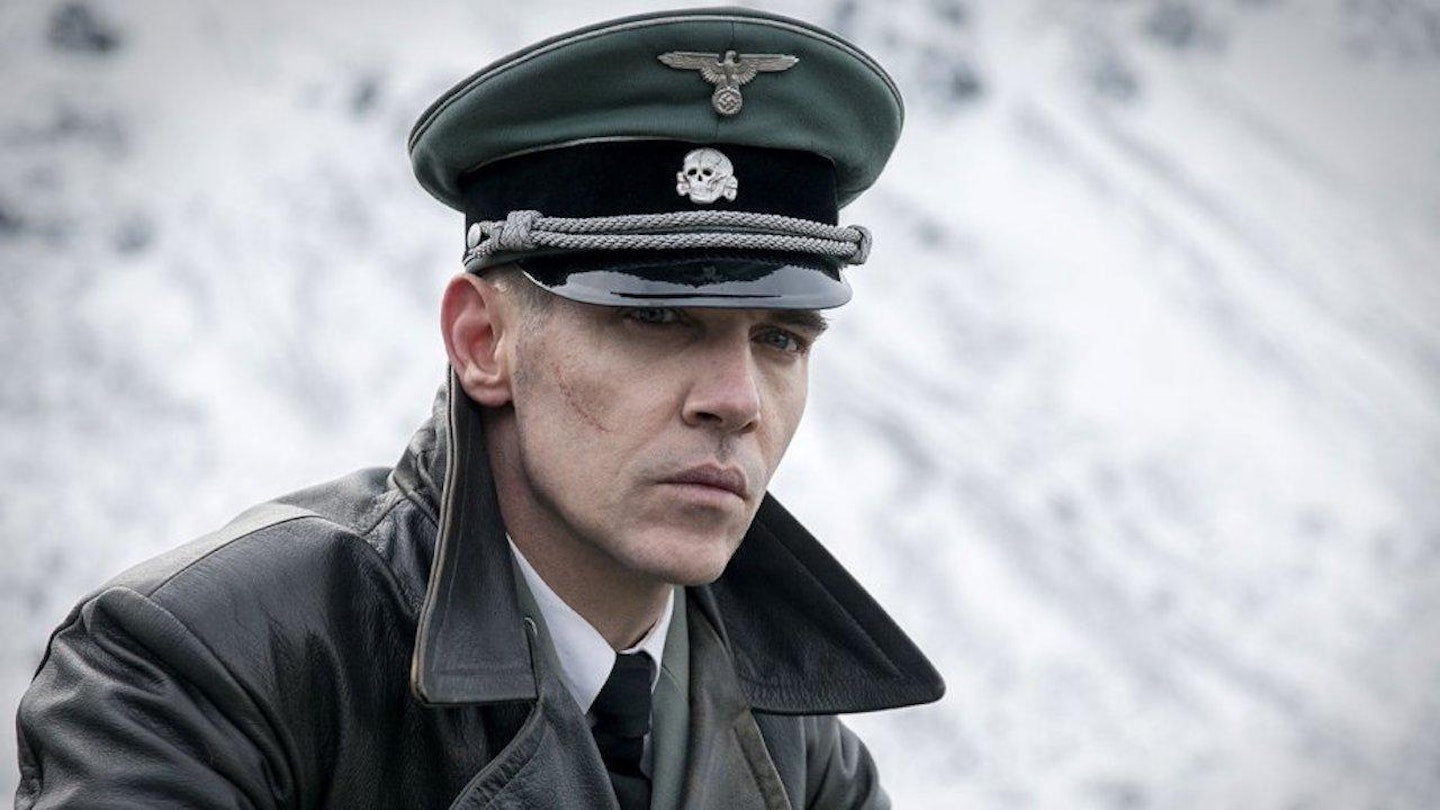In 1991, the public voted Ni Liv, Arne Skouen's Oscar-nominated account of the wartime exploits of cartographer-cum-commando Jan Baalsrud, the greatest Norwegian film ever produced. By remaking it, therefore, Harald Zwart was taking a risk on the same scale as a British film-maker having another crack at The Dam Busters. Given that the Dutch director has The Pink Panther 2 on his CV, there was ample reason for concern. But this gripping and laudably restrained saga is anything but another unnecessary Zwart retool like The Karate Kid.
It helps considerably that the script has been written by Petter Skavlan (using the name Alex Boe), as he is no stranger to Norwegian heroics after penning Joachim Rønning and Espen Sandberg's 2012 Thor Heyerdahl biopic, Kon-Tiki. Zwart is also fortunate in being able to call on that picture's cinematographer, Geir Hartly Andreassen, as his views of the unforgiving terrain that Baalsrud traverses reinforce the extraordinary nature of his achievement.
For the most part, this is a traditional Second World War movie and the weakest moments are the fussily fragmented flashback to the failure of Operation Martin Red and the misjudged sequence of Baalsrud repeatedly waking from an unending nightmare. But Thomas Gullestad is doughtiness personified, as he swims icy seas, slices off gangrenous toes with a penknife and wastes away to skin and bone while waiting 27 days in a cave to cross the frontier.
There's little room for character depth, however, and Baalsrud remains as sketchy as the compatriots who risk all to shelter him and the Nazis on his tail. Nevertheless, the encounter with the little girl who draws him a morale-boosting map is charming, while Jonathan Rhys Meyers brings a forensic ferocity to Kurt Stage, who was executed for war crimes in 1947.
